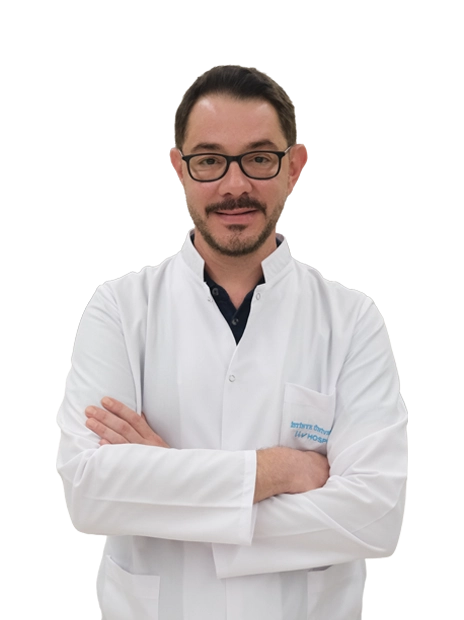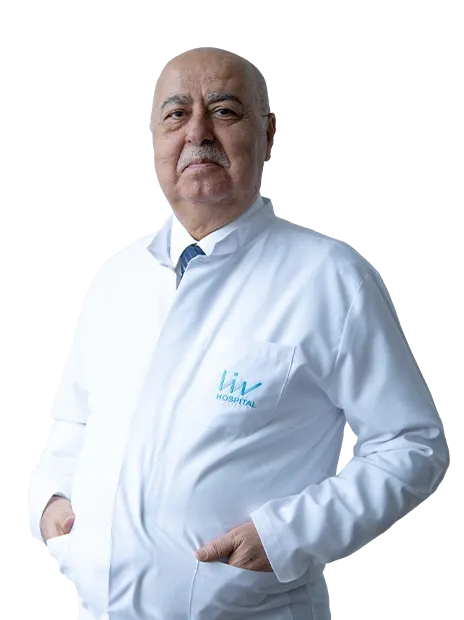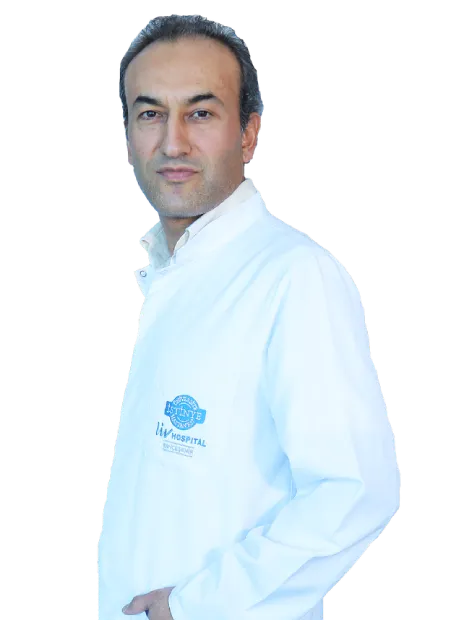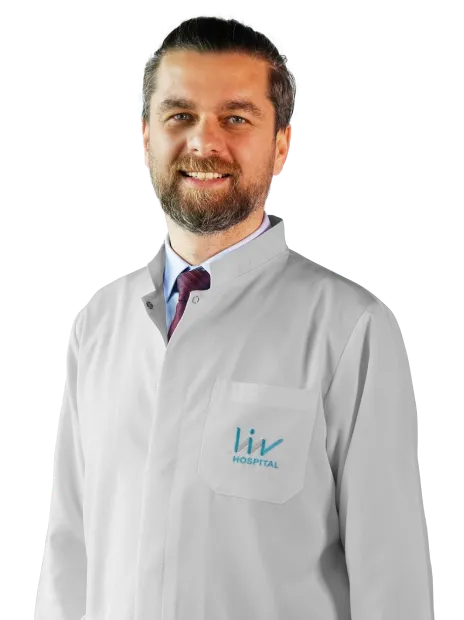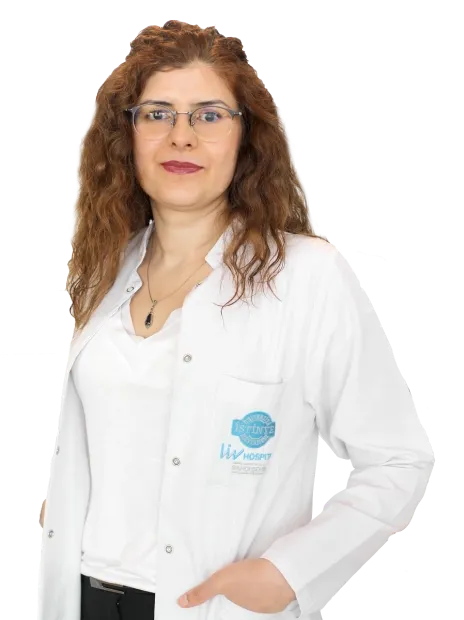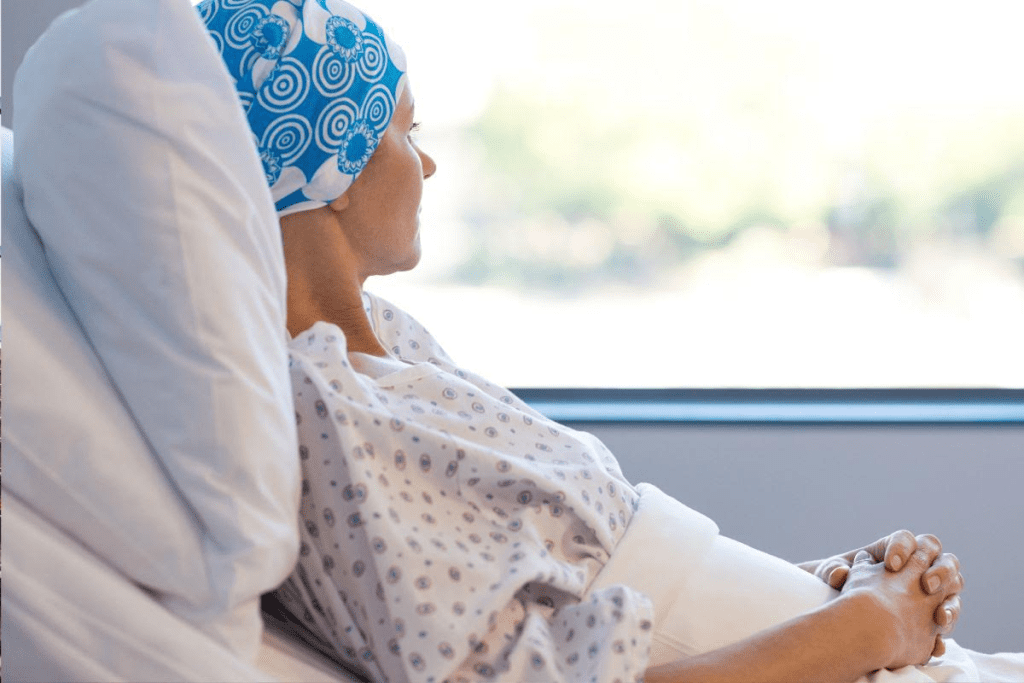
Chemotherapy is a tough journey, and the recovery can be even harder. Actress, who beat breast cancer, talked about the emotional and physical struggles she faced after chemo.Chemo recovery days can be challenging. Learn when side effects peak and how to care for yourself during the roughest period.
The hardest days after chemo often bring a lot of fatigue, pain, and sadness. We’ll share real stories to show what patients go through during the chemotherapy recovery period.
Key Takeaways
- Understanding the challenges of chemotherapy recovery
- The emotional and physical toll of cancer treatment
- Personal stories of resilience during the hardest days
- Support systems for patients undergoing chemotherapy
- Navigating the recovery period with care and compassion
The Typical Chemo Recovery Days Timeline
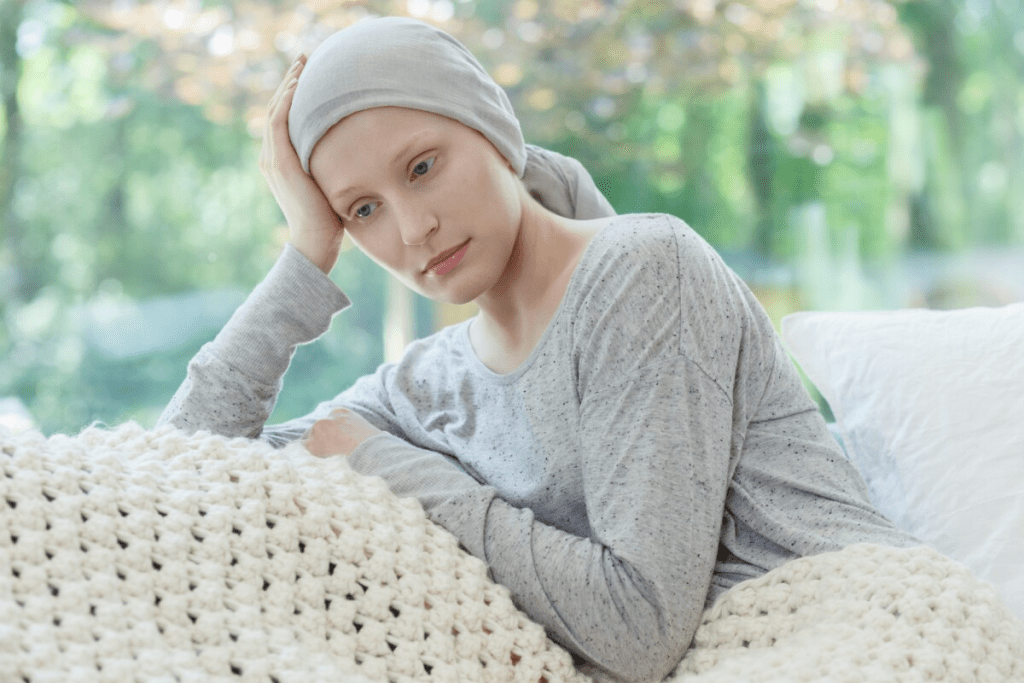
Knowing when you’ll feel better after chemotherapy is key. Recovery from chemo is different for everyone. Yet, it usually goes through a few main stages.
Immediate Post-Treatment Period (Days 1-3)
Right after chemo, you might feel tired, sick to your stomach, and even lose your hair. Resting a lot is important. Try to do less and focus on getting better.
The Critical Phase (Days 3-7)
This part is often the toughest. Side effects are at their worst. You might feel even more tired, get sick easier, and face other problems. Who went through a lot of chemo, said getting good care during this time was key.
Gradual Recovery Phase (Days 7-14)
As you start to get better, you’ll notice small improvements. You might not have as much energy, but your side effects should lessen. Eating well and doing light exercises can help a lot.
Long-Term Recovery (Beyond 14 Days)
Recovering after two weeks can take a lot longer for some. Some people feel much better, while others keep feeling side effects. Getting better also means dealing with your feelings and mind.
| Recovery Phase | Days Post-Chemo | Common Experiences |
| Immediate Post-Treatment | 1-3 | Onset of side effects like fatigue and nausea |
| Critical Phase | 3-7 | Peak intensity of side effects, heightened infection risk |
| Gradual Recovery | 7-14 | Improvement in condition, reduced severity of side effects |
| Long-Term Recovery | Beyond 14 | Variable recovery pace, emotional and psychological healing |
Knowing about these stages helps you understand your recovery better. It tells you when to ask for help and how to handle your symptoms.
Understanding the Nadir: When Chemo Recovery Days Are Most Difficult
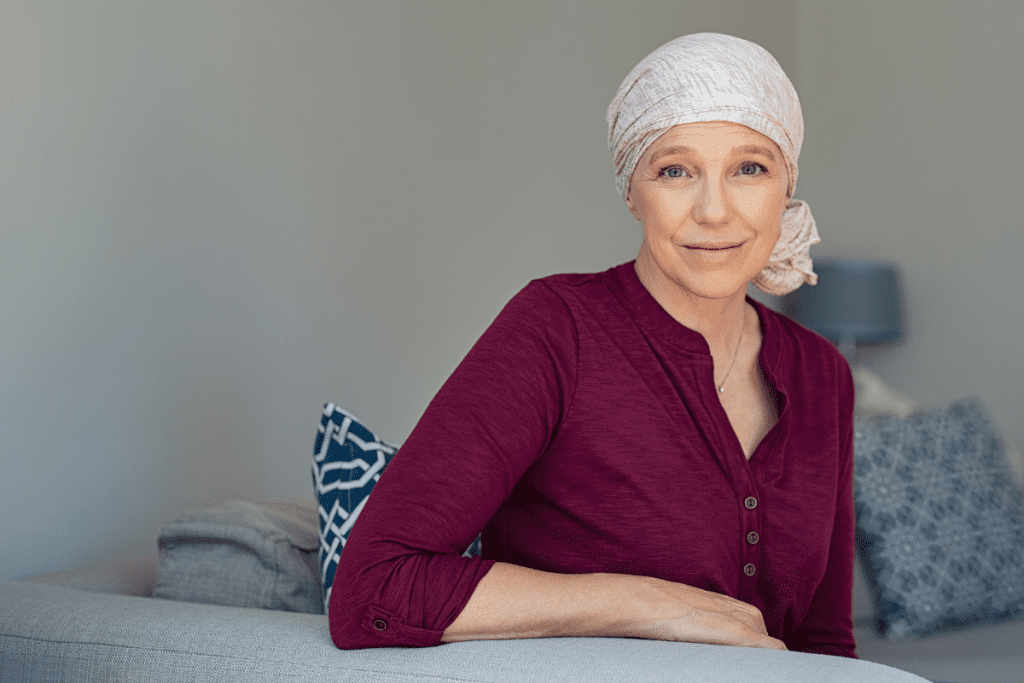
Chemotherapy patients often face their most challenging days during a period known as nadir. The term “nadir” refers to the lowest point or the most severe phase of a particular condition. In this case, it’s when the body’s blood cell counts are at their lowest after chemotherapy.
What Is Nadir and Why It Happens
Nadir occurs because chemotherapy targets rapidly dividing cells. This includes both cancer cells and certain healthy cells like those in the bone marrow. As a result, chemotherapy can lead to a significant drop in white blood cells, red blood cells, and platelets.
This period can be tough, not just physically but also emotionally. The decrease in blood cell counts makes patients more susceptible to infections, fatigue, and bleeding complications.
Typical Timing of Nadir for Different Chemotherapy Types
The timing of nadir can vary depending on the type of chemotherapy administered. For many chemotherapy regimens, nadir typically occurs between 7 to 14 days after treatment. But, this timeframe can differ based on the specific drugs used and the individual patient’s response.
| Chemotherapy Type | Typical Nadir Timing |
| Standard Chemotherapy | 7-14 days post-treatment |
| High-Dose Chemotherapy | 5-10 days post-treatment |
| Targeted Therapy | Varies, often less severe |
Blood Count Fluctuations and Their Impact
During nadir, the fluctuations in blood counts can lead to various complications. Neutropenia, or low white blood cell count, increases the risk of infections. Anemia, or low red blood cell count, can cause fatigue and weakness. Thrombocytopenia, or low platelet count, can lead to bruising and bleeding.
We emphasize the importance of monitoring these counts closely during the nadir period to manage any complications effectively.
Duration of the Nadir Period
The duration of nadir varies among individuals and depends on the chemotherapy regimen. Generally, blood counts begin to recover once the nadir period is over. This usually happens within a few days to a week after the lowest point.
Understanding and preparing for nadir can help patients navigate this challenging phase of chemotherapy recovery. By knowing what to expect and how to manage their care during this period, patients can better cope with the difficulties associated with nadir.
Physical Symptoms During the Worst Days of Chemotherapy
During the worst days of chemotherapy, patients face many tough physical symptoms. These symptoms can really affect their quality of life. It’s key for patients to know about these symptoms to better handle their treatment.
Extreme Fatigue and Energy Depletion
Extreme fatigue is a big side effect of chemotherapy. It’s not just feeling tired; it’s a deep exhaustion. This can make it hard to do even simple things.
Chemo fatigue relief comes from rest, gentle exercise, and good nutrition. It’s important for patients to listen to their bodies and not push too hard.
Nausea, Vomiting, and Digestive Issues
Nausea and vomiting are big fears with chemotherapy. They can lead to dehydration and malnutrition. Digestive problems like diarrhea or constipation can also make things worse.
To manage these symptoms, patients might need anti-nausea meds, changes in diet, and staying hydrated. Eating small meals often and avoiding nausea triggers is helpful.
Pain and Discomfort
Pain and discomfort can come from the treatment, surgery, or neuropathy. A breast cancer survivor, talked about her pain and anxiety. She showed how important it is to tackle these issues well.
Managing pain can involve meds, physical therapy, and alternative methods like acupuncture or relaxation techniques.
Immune System Vulnerability and Infection Risk
Chemotherapy weakens the immune system, making patients more likely to get infections. This is a big worry during the nadir period when blood counts are lowest.
To lower this risk, patients should avoid crowded places, keep good hygiene, and watch their temperature. Knowing the signs of infection and when to see a doctor is key to avoiding serious problems.
| Symptom | Management Strategies |
| Extreme Fatigue | Rest, gentle exercise, nutritional support |
| Nausea and Vomiting | Anti-nausea medications, dietary changes, hydration |
| Pain and Discomfort | Medication, physical therapy, alternative therapies |
| Immune System Vulnerability | Avoiding crowds, good hygiene, monitoring for infection signs |
Emotional and Psychological Challenges in the Difficult Days After Chemotherapy
Chemotherapy is tough on the body and mind. It affects a patient’s emotional and psychological health deeply. We must understand the many challenges patients face after chemotherapy.
Chemo Brain and Cognitive Effects
“Chemo brain” is a big challenge. It includes memory loss, trouble focusing, and feeling mentally foggy. Studies say up to 75% of patients get some cognitive problems. These issues can really impact daily life, affecting work, relationships, and overall happiness.
Actress, a breast cancer survivor, talked about her chemo brain. She showed how important it is to talk about and deal with these brain effects. We know the chemo brain is a real issue that needs support and understanding.
Anxiety, Depression, and Mood Changes
After chemotherapy, mood swings, anxiety, and depression are common. The stress of cancer and treatment can make patients feel very emotional. It’s key to know these feelings are normal and seeking help is brave.
- Anxiety can cause constant worry or fear about the future.
- Depression can make people feel sad, hopeless, or lose interest in things they used to enjoy.
- Mood swings can make people feel irritable or emotionally numb.
We urge patients to talk to their doctors for help with these emotional challenges.
Dealing with Uncertainty and Fear
Uncertainty and fear are big parts of the cancer journey, after chemotherapy too. Patients worry about treatment results, cancer coming back, and how it will affect their lives. Having a support network of family, friends, and doctors can make them feel safer and less scared.
“The greatest glory in living lies not in never falling, but in rising every time we fall.” – Nelson Mandela
This quote shows the strength in every patient. It highlights the need for support in facing these challenges.
Impact on Body Image and Self-Perception
Chemotherapy can change how patients see themselves, like hair loss, weight changes, or surgery. It’s important to talk about these changes and their emotional effects, helping patients feel good about themselves.
| Challenge | Support Strategy |
| Body Image Changes | Counseling, Support Groups |
| Emotional Distress | Mental Health Professionals, Mindfulness Practices |
| Cognitive Effects | Cognitive Rehabilitation, Memory Aids |
By understanding the emotional and psychological challenges of chemotherapy, we can better support patients. This helps them stay strong and hopeful for the future.
Managing Nutrition During Chemo Bad Days
Getting the right nutrition during tough chemotherapy days is key for recovery. Good nutrition helps deal with chemotherapy side effects. It also supports healing and boosts overall health.
Foods That Help During Recovery
Eating the right foods during chemotherapy recovery can make a big difference. Nutrient-rich foods that are easy to digest are best. These include:
- Lean proteins like chicken, fish, and eggs
- Complex carbohydrates such as whole grains, fruits, and vegetables
- Healthy fats found in nuts, seeds, avocados, and olive oil
These foods keep your energy up and help your body repair itself.
Strategies for Dealing with Appetite Loss
Loss of appetite is common during chemotherapy. To tackle this, try:
- Eating smaller, more frequent meals
- Choosing high-calorie, nutrient-dense foods
- Avoiding strong-smelling foods that can trigger nausea
Gentle exercise before meals can also help boost your appetite.
Hydration Importance and Methods
Staying hydrated is vital during chemotherapy. It helps remove toxins and keeps you healthy. Try to drink at least eight glasses of fluid a day. Consider:
- Drinking water, clear broths, or electrolyte-rich beverages
- Avoiding caffeinated and carbonated drinks that can cause dehydration
- Using a hydration app or reminder to stay on track
Nutritional Supplements and When to Use Them
Nutritional supplements can be helpful when it’s hard to get enough nutrients from food. But, always talk to your healthcare provider before adding supplements. They can guide you based on your needs.
By focusing on the right nutrition, you can better manage chemotherapy’s challenges. This supports your body’s recovery process.
Rest and Activity Balance: Navigating Post-Chemo Recovery Time
After chemotherapy, finding the right balance between rest and activity is key. Knowing when to rest and when to do gentle activities can greatly affect your recovery. It helps you feel better and recover faster.
When to Prioritize Rest
Right after chemotherapy, rest is very important. Fatigue is a common side effect, and your body needs time to heal. If you’re feeling extremely tired, in pain, or have other big side effects, rest is best.
When you’re feeling this way, avoid hard activities and focus on relaxing. This could mean taking naps, sleeping in, or just sitting for a long time.
Gentle Exercises That Support Recovery
Even though rest is key, gentle exercises are also important. Short walks, yoga, or light stretching can improve blood flow, reduce stiffness, and lift your mood.
- Short walks around the house or neighborhood
- Light stretching exercises
- Yoga or tai chi
- Breathing exercises
Start these activities slowly and increase them as your body gets stronger.
Creating a Balanced Daily Routine
Having a daily routine that mixes rest and activity can help with recovery. Try to make a schedule that includes both rest and gentle exercises.
| Time of Day | Activity | Rest |
| Morning | Light stretching | Breakfast and relaxation |
| Afternoon | Short walk | Nap or quiet time |
| Evening | Relaxation techniques | Dinner and rest |
Listening to Your Body’s Signals
Listening to your body is very important after chemotherapy. If you’re tired, it’s okay to rest. But if you feel a bit more energetic, doing some gentle activity might be good.
Pay attention to what your body needs and adjust your routine as needed. Also, talk to your healthcare provider about how you’re feeling and any worries you have.
Medical Management of After Chemo Side Effects
The time after chemotherapy is very important. Getting the right care can really help with side effects. This care is key to better health and a better life.
Prescription Medications for Symptom Relief
Medicines from the doctor are very helpful after chemo. Drugs like antiemetics can stop nausea and vomiting. Pain medicines can also help with pain. It’s important to listen to your doctor about these medicines to stay safe and get the best results.
- Antiemetics: Ondansetron, Metoclopramide
- Pain Management: Morphine, Oxycodone
- Growth Factors: Filgrastim to boost white blood cell count
Over-the-Counter Options for Symptom Relief
There are also medicines you can buy without a prescription that can help. For example, antihistamines can stop itching, and antacids can help with heartburn. But, always talk to your doctor before taking these medicines to make sure they won’t mix badly with other drugs.
- Antihistamines for itching and allergic reactions
- Antacids for heartburn and indigestion
- Topical creams for skin irritation
Warning Signs: When to Contact Your Healthcare Provider
It’s important to know when to call your doctor right away. Signs like fever, bad pain, or trouble breathing mean you need to see your doctor fast.
“Patients should be aware of their body’s signals and not hesitate to seek help when needed,” says, who experienced outstanding care during his treatment.
Acting quickly can stop problems and help you get the right help.
Follow-up Appointments and Monitoring
Going back to see your doctor regularly is very important. These visits help check how you’re doing and make sure you’re getting better. They also let you talk about any problems you’re having. Keeping an eye on your health is important for a good recovery.
Support Systems During the Chemo Hardest Period
Having a strong support network is key during the toughest days after chemotherapy. It helps a lot with both physical and emotional side effects. We know it’s tough to get through this time without help.
Family and Caregiver Support Strategies
Family and caregivers are very important during this time. They need to know how to help with emotional and practical needs. This means understanding the patient’s feelings, helping with medicine, and being there for comfort.
- Educate family members about the chemotherapy process and its side effects.
- Encourage open communication about the patient’s feelings and needs.
- Organize a schedule for caregiving duties to avoid burnout.
Professional Support Resources
Professional help is essential for chemotherapy patients. It’s important to have healthcare experts who can guide on side effects, nutrition, and mental health.
Some key professional resources include:
- Nurses and nurse practitioners who can offer medical guidance and support.
- Nutritionists who can help develop a healthy diet plan.
- Psychologists or counselors who can provide emotional support and coping strategies.
Support Groups and Peer Connections
Support groups are great for connecting with others who understand. Sharing experiences and advice can really help with emotional well-being. It’s a big help in coping with chemotherapy recovery.
Benefits of support groups include:
- Emotional support and understanding from people with similar experiences.
- Opportunities to share tips and strategies for managing side effects.
- A sense of community and connection during a challenging time.
Online Resources and Communities
Online support is very valuable today. Websites, social media groups, and forums are great for finding help. They offer a lot of information and support for cancer recovery.
Some online resources to consider:
- Websites with cancer information and support.
- Social media groups for connecting with other patients and survivors.
- Online forums for discussing treatment options and recovery experiences.
Self-Care Practices for Healing After Chemo
Self-care is key to recovering from chemotherapy. It’s not just extra help; it’s essential. By exploring self-care, we see how it boosts recovery. It helps lessen chemo side effects and improves overall health.
Mindfulness and Stress Reduction Techniques
Mindfulness, like meditation and deep breathing, lowers stress and anxiety. These methods improve mood and life quality during recovery.
- Meditation: Regular meditation calms the mind and fights anxiety and depression.
- Deep Breathing Exercises: These exercises cut down stress and help relax.
- Yoga: Yoga mixes movement with deep breathing, boosting flexibility and reducing stress.
Sleep Hygiene and Quality Rest
Good rest is vital after chemotherapy. Good sleep habits can greatly improve rest quality.
- Keep a regular sleep schedule.
- Make your sleep area quiet and free from distractions.
- Stay away from exciting activities before bedtime.
Personal Comfort Measures
Personal comfort steps can greatly improve recovery. Simple actions can make a big difference.
Wearing comfortable clothes and keeping a calm environment helps patients relax during recovery.
Gentle Skin and Body Care
Gentle skin and body care is vital for those recovering from chemotherapy. Chemotherapy can make skin sensitive and dry. Gentle care is essential.
| Care Practice | Benefits |
| Gentle cleansing | Keeps skin clean without irritating it |
| Moisturizing | Combats dryness and improves skin flexibility |
| Avoiding harsh products | Lessens skin irritation and allergic reactions |
Why Everyone’s Chemo Recovery Days Are Different
Recovering from chemotherapy is a unique journey for each person. Many factors influence this process. It’s important to understand these differences to navigate recovery well.
Impact of Cancer Type and Stage
The type and stage of cancer greatly affect recovery. Different cancers react differently to treatment. The cancer’s stage at treatment start also impacts side effects.
For example, early-stage cancer patients might face fewer issues than those with advanced cancer. Here’s how cancer type and stage can change recovery:
| Cancer Type | Stage | Typical Recovery Challenges |
| Breast Cancer | Early | Mild fatigue, manageable side effects |
| Lung Cancer | Advanced | Severe fatigue, increased risk of infections |
| Leukemia | Stage III | Immune system suppression, frequent hospital visits |
Chemotherapy Regimen Differences
The chemotherapy plan can greatly affect recovery. Different drugs have different strengths and side effects.
Individual Health Factors
Health before treatment also plays a big role in recovery. Those with fewer health problems tend to recover better.
On the other hand, patients with health issues face more challenges. This can make recovery harder.
Age and Overall Health Considerations
Age is another key factor in recovery. Older adults often face more side effects due to less physical strength and health issues.
Younger patients might recover faster. But, this depends on their health and treatment plan.
Knowing these factors helps patients and caregivers prepare for recovery. It makes the journey less scary and more manageable.
Conclusion: Finding Strength Through the Hardest Days of Chemotherapy
Recovering from chemotherapy can be tough, but knowing what to expect helps a lot. Understanding the hardest days and having tips for recovery can prepare you. This way, you can face the journey ahead with more confidence.
Improving recovery from chemotherapy involves several steps. These include medical care, eating right, and taking care of yourself. Eating foods that are full of nutrients and staying hydrated are key to healing.
As you get through the recovery phase, focus on your health. Doing gentle exercises, practicing mindfulness, and getting support from family and friends can help. These actions can give you the strength and resilience needed during this hard time.
For the best advice, keep talking to your healthcare team. Tell them about any worries or symptoms you have while recovering. With the right support and care, you can get through chemotherapy’s challenges and come out stronger.
FAQ
What are the hardest days after chemotherapy?
The hardest days usually happen between 7-14 days after treatment. This is when blood counts are lowest and the risk of infection is highest.
How long does it take to recover from chemotherapy?
Recovery time varies based on treatment type and intensity, and individual health. It can take weeks to months to feel better.
What are the most common side effects of chemotherapy?
Common side effects include extreme fatigue, nausea, vomiting, and pain. Being more vulnerable to infections is also common. Emotional challenges like anxiety and depression are often seen too.
How can I manage my nutrition during chemotherapy?
Eat nutrient-rich foods and stay hydrated. Use supplements if needed. Eating small meals often can help with appetite loss.
What is the importance of rest and activity balance during post-chemo recovery?
Rest and activity balance is key. Rest when needed, do gentle exercises, and follow a balanced routine. This helps in recovery and improves well-being.
How can I alleviate symptoms after chemotherapy?
Use prescription and over-the-counter meds, and practice self-care. Mindfulness, stress reduction, good sleep, and comfort measures can help.
What support systems are available during chemotherapy recovery?
Family, caregivers, professional help, support groups, and online communities offer support. These help with emotional and psychological challenges.
How can I take care of my skin and body during chemotherapy recovery?
Use mild cleansers and moisturizers, avoid harsh chemicals, and protect your skin from the sun. These steps help in healing and comfort.
Why is everyone’s chemotherapy recovery experience different?
Recovery varies due to cancer type, treatment, health, and age. Understanding these differences helps in navigating recovery.
When should I contact my healthcare provider during chemotherapy recovery?
Contact your healthcare provider for fever, severe pain, or breathing issues. Also, if you have concerns about your symptoms or health.
References
- Ramesh, R., et al. (2024). Peripheral blood neutrophil nadir and time to platelet recovery in patients receiving chemotherapy. PMC, 24x. https://www.ncbi.nlm.nih.gov/pmc/articles/PMC11700331/
- Blayney, D. W., et al. (2022). Chemotherapy-induced neutropenia and emerging agents: reducing the severity and duration of neutropenia. Cancer Treatment Reviews. https://www.cancertreatmentreviews.com/article/S0305-7372%2822%2900091-3/fulltext





